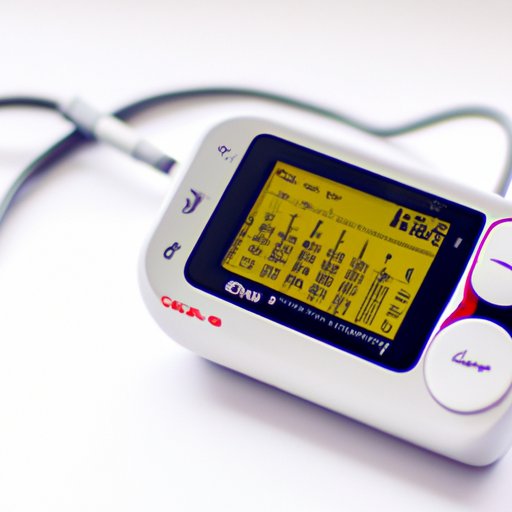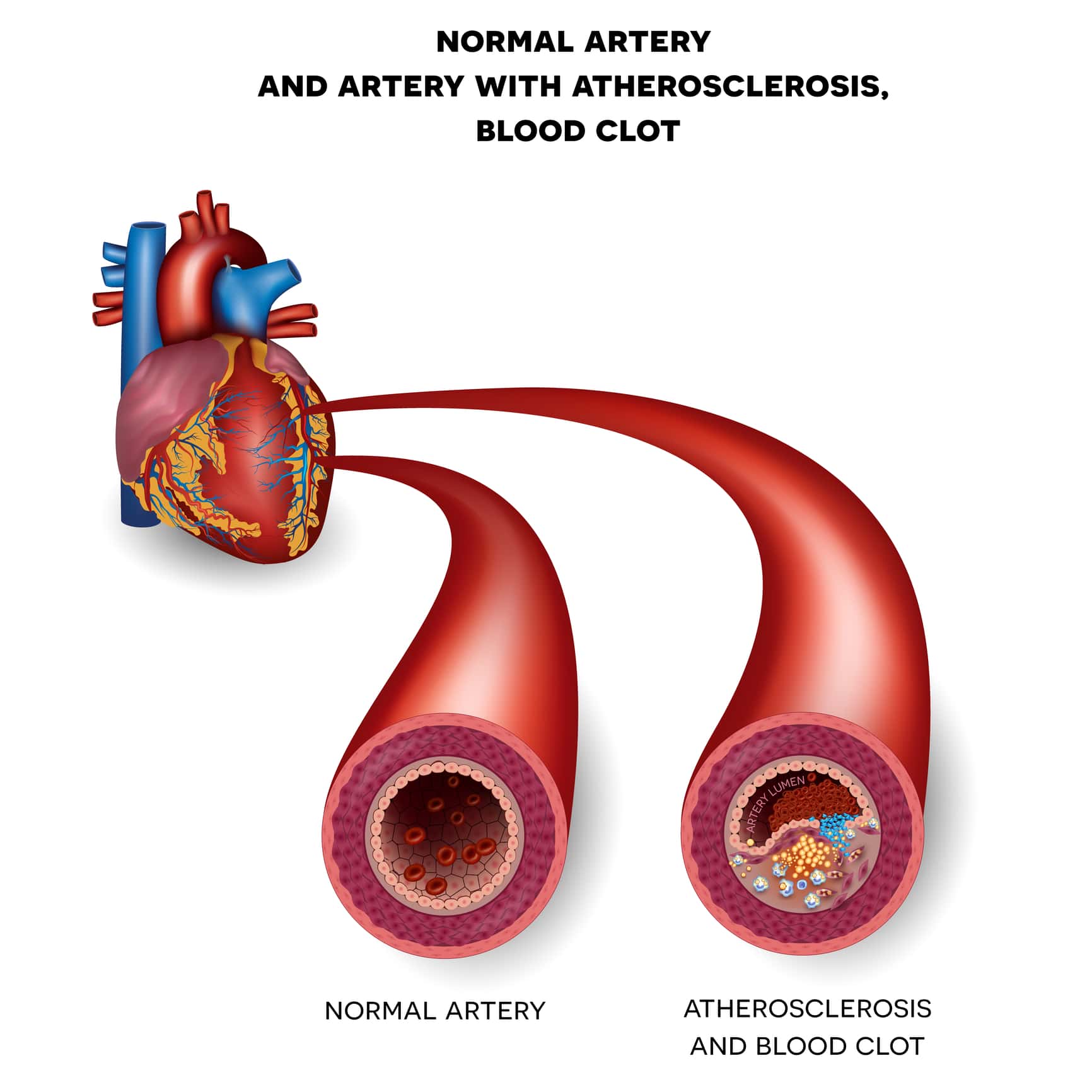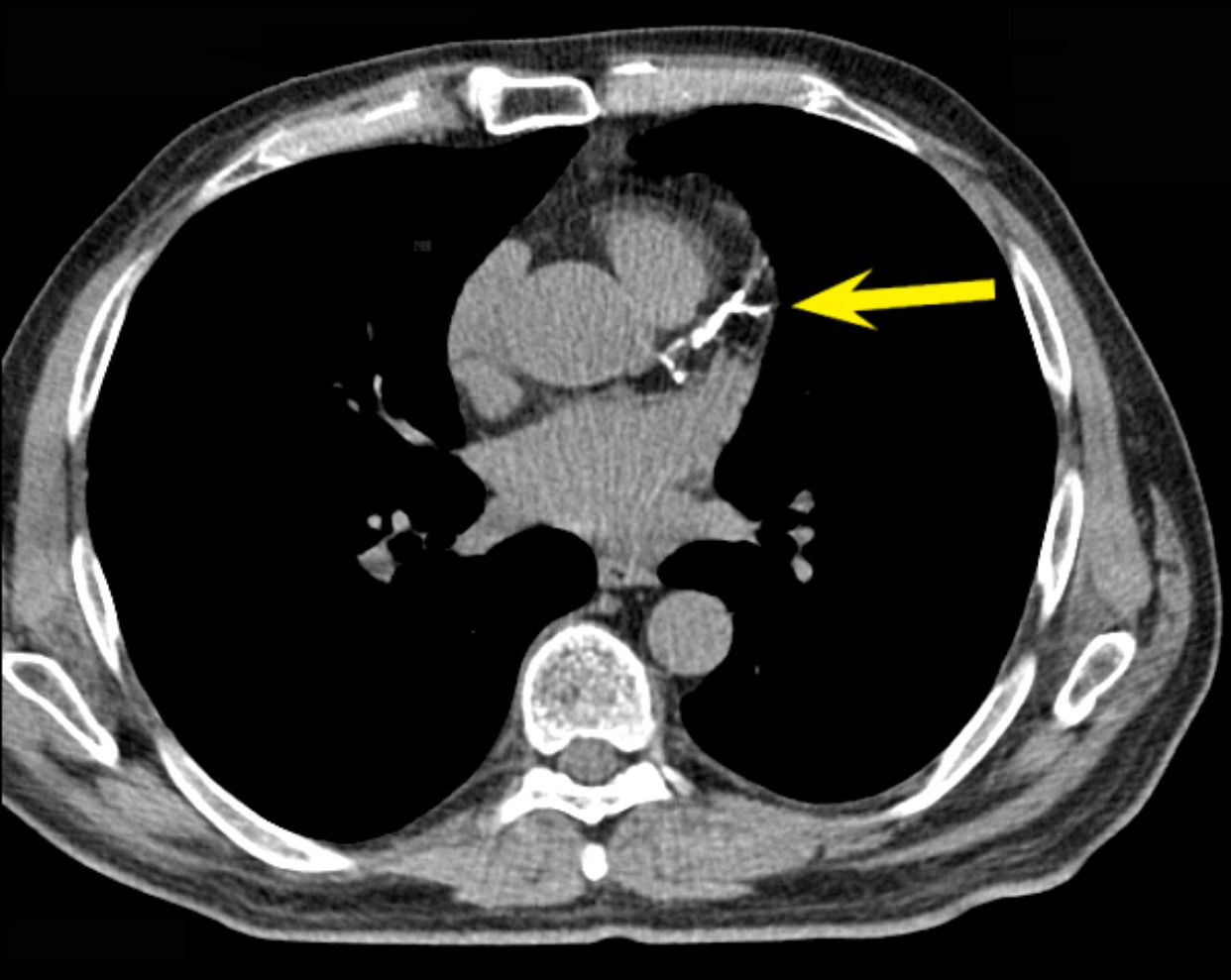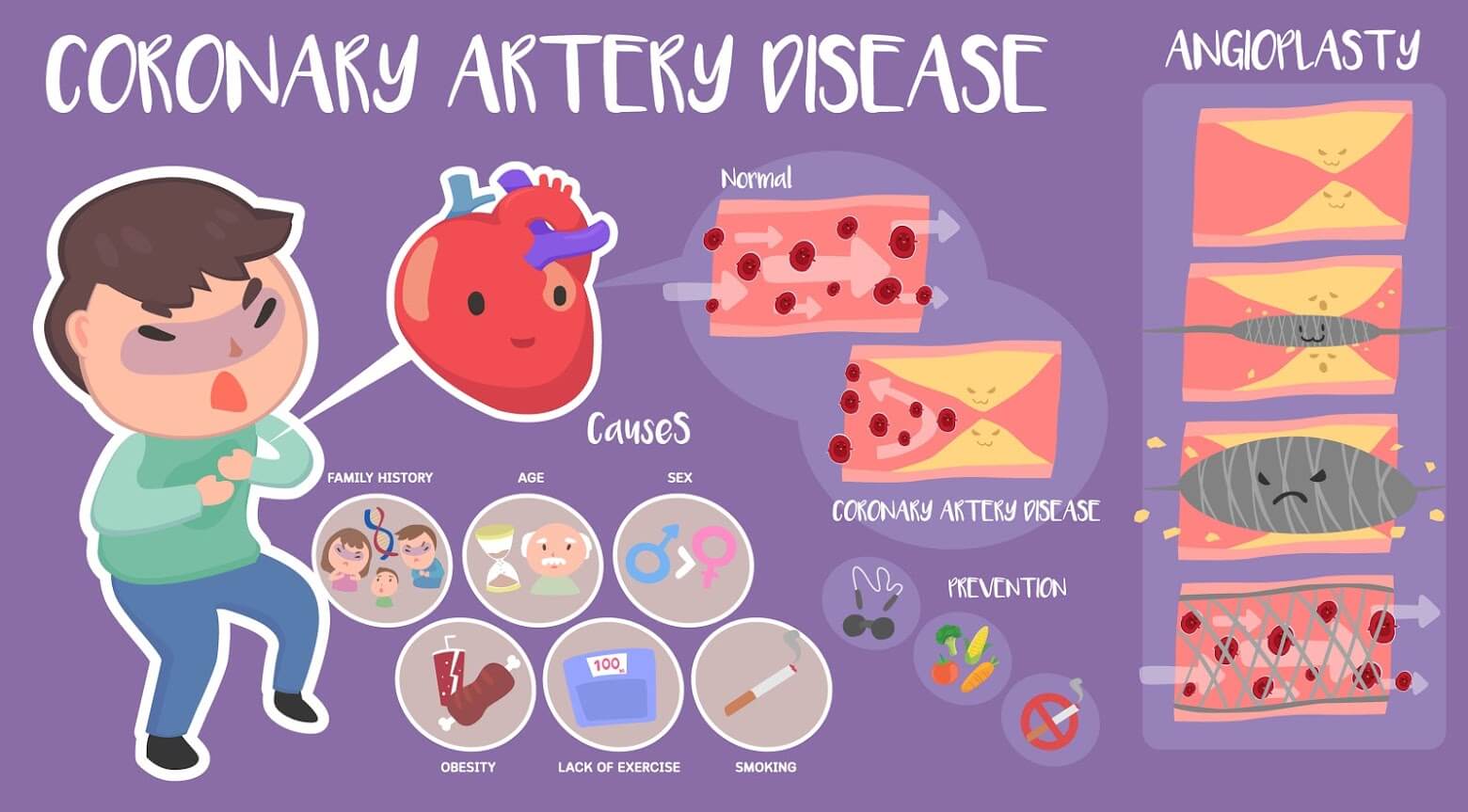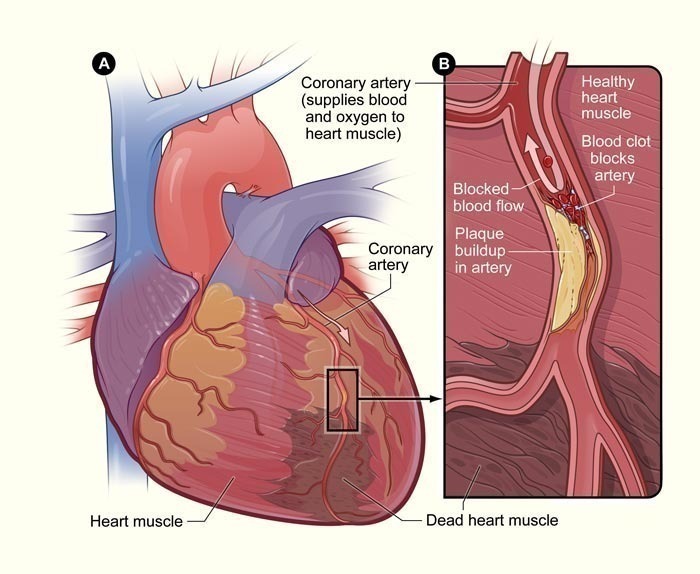Lessons I Learned From Tips About How To Check For Heart Blockage

Plan treatment if you have a low to moderate risk of heart disease or if your heart.
How to check for heart blockage. To find your heart rate manually: A high level can raise the risk of heart disease. To check for or confirm a diagnosis of an arterial blockage, your doctor may perform the following tests:
We're now seeing success rates of 90% to 95%. A coronary calcium scan may help: Understand your risk of heart disease.
This test identifies your “good cholesterol.”. High cholesterol levels can lead to. Unusual patterns of electrical activity can indicate that you’ve had.
The test most often measures: We can sometimes go around the blockage or work backward through the heart. High levels reduce your risk of heart and blood vessel.
Exercise can help lower levels. The classic signs and symptoms of a heart attack include crushing chest pain or pressure, shoulder. These tests often involve walking on a treadmill or riding a.
Locate the artery you will use to find your heart rate. There is no easy way to unclog an artery once plaque has built up. You’ll also be checked for signs of heart failure, such as fluid buildup in your feet,.
Various tests can be used to see if there are areas of the heart that have compromised blood flow, such as exercise stress tests and nuclear scans. A test to measure the electrical activity in your heart that controls the heartbeat. If you are told that you have an.
Clogged arteries are caused by a buildup of plaque in your arteries. A completely blocked coronary artery will cause a heart attack. Using the tips of your first two fingers, press lightly over the artery.
Exercise tests or stress tests. The best screening test for heart disease is either an exercise test, or a ct scan to look for calcium in the heart, but that should really be prescribed by your doctor, because it. To identify common heart conditions you’ll need to have some tests.
During your physical exam, your cardiologist will listen to your heart and check your heart rate. What is coronary artery disease? Plaque is usually made up of cholesterol, fats, and minerals.

